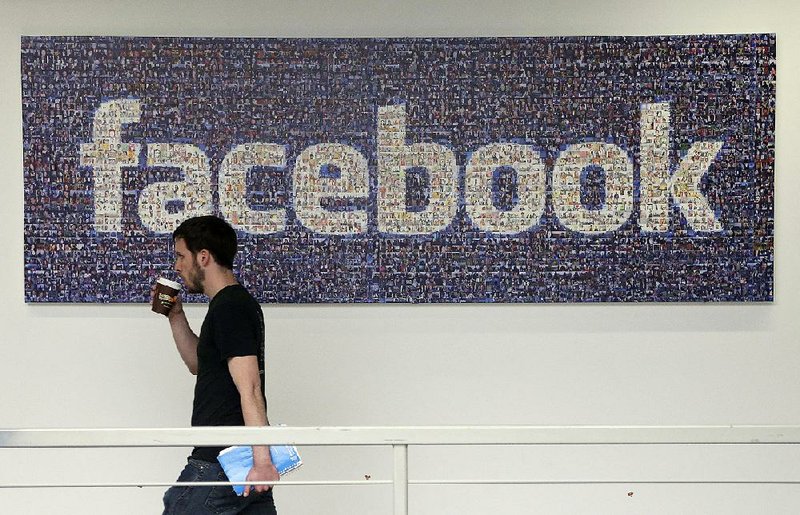Facebook is closing out 2018 the same way it began the year: in defense mode.
A new report earlier this month revealed that the social networking giant shared user data with other tech giants, including Amazon, Microsoft, Netflix, Spotify and other partners -- in some cases without explicit user consent, and giving a couple of companies access to users' contact lists and private messages.
But that report, from The New York Times, was just the latest in a string of privacy-related issues for Facebook and its 2 billion users around the world. For much of the year, the company has continued to deal with the aftermath of its role as a platform for disinformation during the 2016 presidential election. In March, the company was thrust into the spotlight again after reports that data consulting firm Cambridge Analytica accessed the personal information of up to 87 million Facebook users without their permission -- information that was then used by Donald Trump's presidential campaign. One month later, Facebook Chief Executive Officer Mark Zuckerberg testified before two congressional committees, which grilled him about his firm's privacy policies, and election interference.
Now, the social network is facing increasing calls from investors, regulators and legislators for changes at the top. It is watching high-profile users, such as singer and actress Cher and tech pundit Walt Mossberg, depart from its service. And it is seeing public trust decline as people scale back their use of the platform. More than 1 in 4 Americans have deleted Facebook's app from their phones, according to a Pew survey this year.
While Facebook has repeatedly said it is making changes, and that most of the data-sharing agreements in the Times report are no longer in effect, the company's woes are already driving a push for more regulation of tech companies, with some lawmakers saying they're tired of Facebook's promises to do better.
Earlier this year, Zuckerberg told Congress that his company had clamped down on the practices that led to the Cambridge Analytica scandal, in which a researcher accessed the information of Facebook users' friends and sold that data. But the latest Times report suggests that while Facebook tightened rules and access for some, its partners got sweeter deals -- and less oversight of what they did with user data.
There are many drafts of bills to protect users' privacy underway, and some are already being circulated by senators in Washington. Facebook has indicated at least partial support for an online-privacy law, with Zuckerberg telling Congress in April that he thought some regulation was reasonable.
But the momentum appeared to pick up last week, after the latest report on Facebook and user data. In an op-ed about a federal privacy bill he is circulating, Sen. Ron Wyden, D-Ore, wrote: "It's my view that CEOs who lie to the government about protecting your privacy shouldn't get off with a slap-on-the-wrist fine: They should face serious financial penalties and even the possibility of prison time for lying to the government about protecting your data and, under my bill, they will."
And Josh Hawley, a Republican senator-elect from Missouri, called on the Federal Trade Commission last week to investigate whether the most recent revelations mean Facebook is violating a 2011 settlement with the commission, which includes getting consent from users before changing terms of their privacy settings.
"It's time that Congress got serious about protecting the privacy, the data, the personal confidential information of hundreds of millions of Americans," Hawley said during an appearance on Fox News.
Adam Schwartz, senior staff attorney for the San Francisco-based Electronic Frontier Foundation, said tech industry groups have long resisted regulation but are now voicing support for a federal privacy law -- after the California Consumer Privacy Act was signed into law in June, and privacy legislation has been approved in other states.
"They're scared," he said, adding that "a federal law is a good idea in theory, but what we oppose is a weak federal law that pre-empts stronger state privacy laws."
Sunday Business on 12/30/2018
